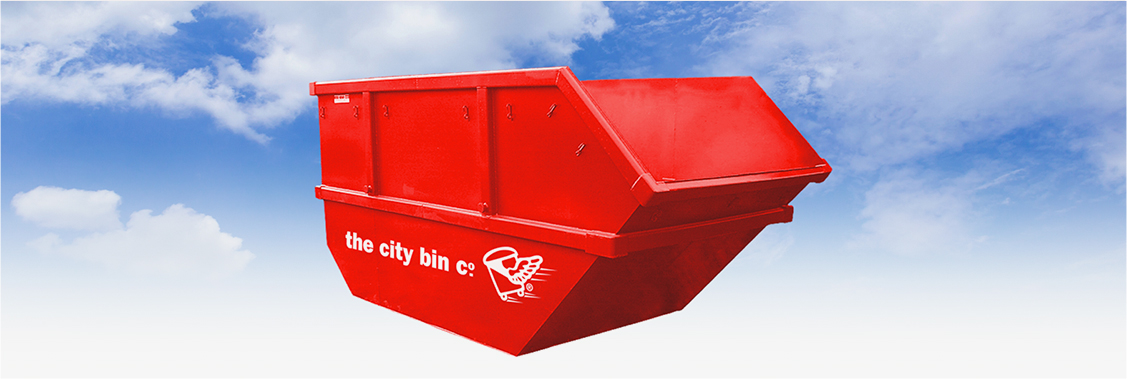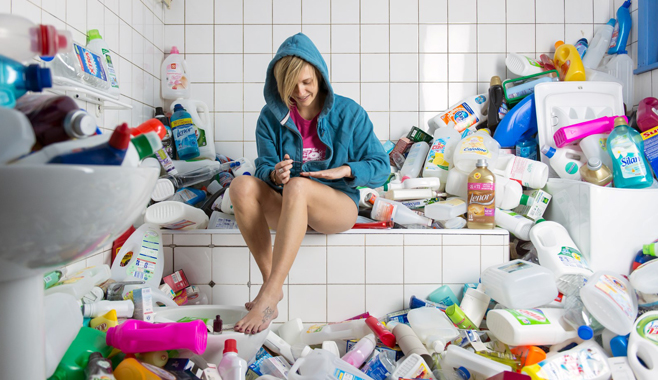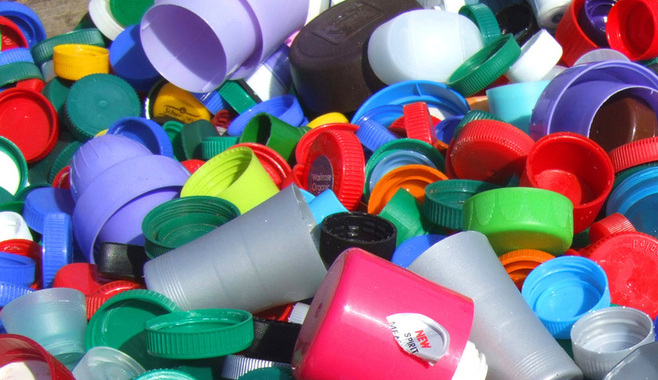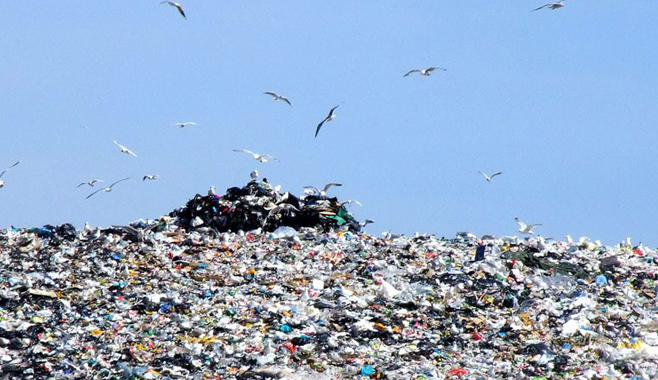
4 Reasons to Hire a Skip for your DIY Projects
If you have ever undertaken any type of home renovation job before, you will know that even a seemingly minor DIY project is no walk in the park. Bearing this in mind, and to make the job more efficient and as easy as possible for yourself, we highly recommend hiring our skip hire Dublin service. Not only can a skip help make your life easier, but you could be helping the environment too! Read more to see how our skip hire Dublin offers are the best solution…
Space
Home renovations demand quite a lot of space. Not only do you need room for tools, equipment, and the like, but you also need to move any waste materials out of the way. Instead of letting clutter pile up, a skip will allow you to clear out the junk as you go, creating more space for you to work away, instead of having to pause every 10 minutes to clear space. Having a skip will help keep your space organised, especially if you want to hire a skip for a garden renovation. However, even if you’re renovating your living room, it still makes things a lot easier to have one place to pile your bulkier waste. Our skip hire Dublin offers come in two sizes – perfect for many types of jobs.
Safety
Tying in closely with our last point, renovations are messy by nature and sometimes quite unpredictable. The debris from renovations can include pipes, plaster and other sharp materials, which can make it arguably a lot more dangerous than typical garden waste. You do not want these waste materials lying around for someone to trip over. Our skip hire Dublin service for your DIY renovation will make things a lot easier, and safer, by removing the most dangerous elements from your immediate area.
We will help you choose the correct skip size to best fit your need
There is nothing more annoying than running out of space for your waste in the middle of a clear-out, or renovation. Here at The City Bin Co., we have different skip sizes, and our skip hire Dublin team will be able to guide you in deciding the best skip hire fit for your job. This way, you won’t need to worry about running out of space during your skip hire duration, and similarly, you will have peace of mind about getting the cheapest skip hire solution suitable.
It’s quick and effortless to get rid of waste when you’re done
Home renovations and clear-outs are tough enough, without having to worry about what you’re going to do about all the waste acquired. Without claiming that hiring a skip will eliminate the clean up entirely, having one receptacle to put all your waste into, will keep the effort required to a minimum. Your clean-up will be done in no time.
As a bonus, when you hire a skip from The City Bin Co. you can rest assured that as many materials as possible will be recycled. We have committed ourselves to ultimately diverting 100% of waste from landfill, so none of your waste will end up there! You can click here to find out more about our skip hire Dublin service.
Keywords: skip hire Dublin, cheap skip hire Dublin, best skip hire Dublin

‘Skip Ahoy’ at Salthill Raft Race 2018
Well done to our team at the first Salthill Raft Race in aid of RNLI. ‘Skip Ahoy’ did us proud!
Eimhin Killilea & Sean Deveney were in charge of the build (which kept the sea out perfectly!) and Eimhin was joined by Louise Niemann, David O’Hanlon & Ray McDonnell as crew.
Despite being pipped for third place, ‘Skip Ahoy’ performed well for its first outing. Here’s to next year’s race!

365 Unpacked
Born in Lille in 1979, Antoine Repessé is a self-taught photographer. While working initially in public institutions, in 2012 he started freelancing. He joins the photo agency Lightmotiv where he produces for major press agencies including Le Monde, Elle, Marianne, L’Express, Géo, Causette. At the end of 2015 he leaves the agency to join the collective Views Co.
He embarked on personal projects around photojournalism inspired from socio-political issues. His travels from Lille to Romania, resulting in the production of “Bienvenue chez les Roms”, to India, and Mali with the NGO Acauped take him to further horizons.
His latest project, “365 Unpacked” is the result of all of the above. The questioning of a major society issue: the production of waste on a daily basis.

The Zero Waste Dream
Across the UK last week, homes and businesses took part in Zero Waste Week. The project is a grassroots campaign, raising awareness of the environmental impact of waste and empowering participants to reduce waste.
The idea is for millions of people around the world to reduce waste through reuse, recycling and repurposing material for a longer life.
But, in truth, the solutions to waste are very complex. They involve global industry, trade and profit. Indeed, the very basis of today’s economy requires fundamental change to combat waste.
What is Zero Waste, and what can be done to achieve it?
Zero Waste is in its aspirational sense a very simple goal; to reduce the amount of materials we use that aren’t recycled or composted to zero.
But of course, as soon as you examine the details, things become more complex. If an old plastic bottle is burned to make energy (called incineration), not recycled, does that still count as Zero Waste?
Or, if a plastic bottle that was manufactured very efficiently, using very little CO2 or energy isn’t recycled, is that worse for the planet than recycling one which used lots of energy in inefficient production? Remember, recycling itself takes energy, and has CO2 impacts too.
For these reasons, the simplicities of much Zero Waste campaigning, and those powerful calls to action don’t really stack up in the real world. Most of us want goods, like flatscreen TVs, whose components we can’t recycle.
Even more fundamentally, we all need hospitals, but the syringes must be individually packaged in sterile, expensive, hard to recycle packaging for health reasons. Who among us would consent to a reused syringe?
So the truth is, Zero Waste is a useful goal, but it can’t become reality for many years yet, if ever. What can be done is to consider the best ways for society and industry to improve sustainability. And that’s where the circular economy comes in.
What is the circular economy?
The Ellen MacArthur Foundation is leading the race to a circular economy. In the Foundation’s words, a circular economy is one that is restorative and regenerative by design, and which aims to keep products, components and materials at their highest utility and value at all times.
The circular economy is about designing things right to begin with, at global and industrial level, so that recycling is easy if or when products finish their useful life. When we get this right, Zero Waste has a shot at success.
With a circular economic model, the flatscreen TV we previously couldn’t recycle would be designed differently, so it could be easily and profitably recycled, or reused.
The circular economy is vital, because individuals like you or I can’t really change how a flatscreen TV is made. This is up to manufacturers. Globally, these need to be shown the potential and the possibilities of more circular industries.
Then, you and I just need to drop our TVs off to the Council for recycling, when hopefully, in the future, they are designed better for this purpose.
All of this is complicated. But essentially, for Zero Waste to work, the circular economy needs to become a reality. Then, big manufacturers could sell us products we would willingly recycle.
It all goes to prove that the biggest aspirational, environmental challenges, require buy in from industry, not just activists on the street. As ever, a combination of forces conspire for the greater good.
Originally published by www.contentcoms.co.uk

Apple’s Environmental Progress in China
First, it announced that Lens Technology, which produces glass for Apple, has committed to using 100% renewable energy for all of its Apple operations by the end of 2018. Lens, which is the first Apple supplier to commit to using fully-renewable energy sources, has entered into agreements with local wind energy suppliers to fulfil its commitment.
Lisa Jackson, Apple’s vice president of Environment, Policy and Social Initiatives, said:
We want to show the world that you can manufacture responsibly and we’re working alongside our suppliers to help them lower their environmental impact in China. We congratulate Lens for their bold step, and hope by sharing the lessons we’ve learned in our transition to renewable energy, our suppliers will continue to access clean power projects, moving China closer to its green manufacturing goals.
Second, Apple announced that all of its fourteen final assembly sites in China comply with UL’s Zero Waste to Landfill standard, which “certifies all of their manufacturing waste is reused, recycled, composted, or, when necessary, converted into energy.” Foxconn met the Zero Waste to Landfill standard earlier this year at two of its assembly sites. Twelve other sites were added more recently.